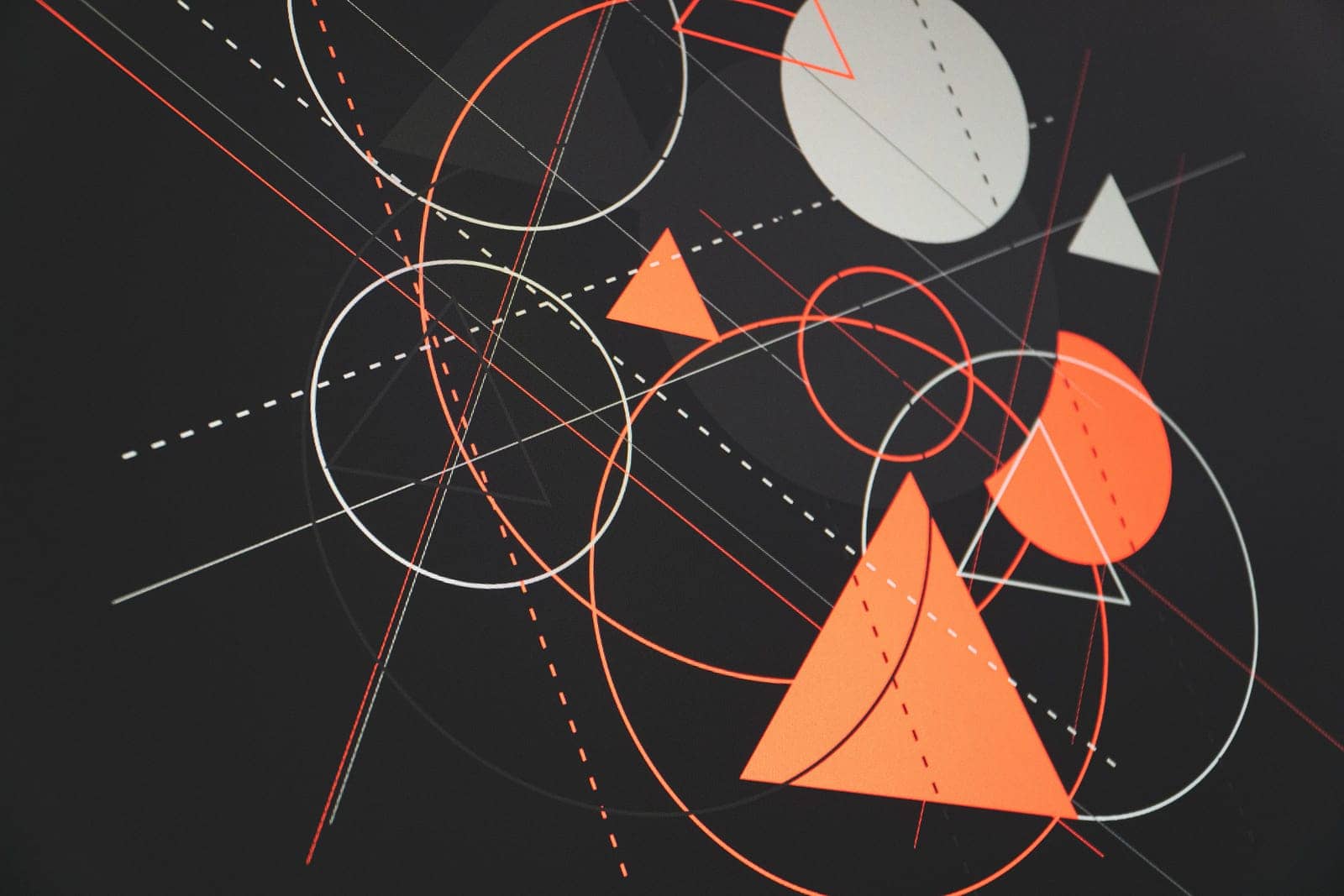In all twenty-plus years of my life, I’ve only been described as “laid-back” once.
It was during our college orientation seminar, where we met our blocks for the first time. At the end of the 2-day event, we passed around a piece of paper with our names printed across the middle so that the rest of the block could write their first impressions of you. One of mine was “laid-back.”
Now, this came to me as a surprise and a huge compliment because I’ve always considered myself a control freak.
To be “on top of things” has always been a struggle for me. It is only when I have a certain degree of control over my external world that I can finally relax and be present. But as we grow older, change beyond our expectations is inevitable. And the uncertainty that being out of school and in the “real world” brings only further reveals our lack of authority over things outside of us.
Recently, many curve balls have been thrown at me at work and in my personal life, and the more unstable and uncertain my life got, the harder I clung on to control. Whether it’s my relationships or my own personal time, I tried anything, desperate to maintain any form of hold over the world that affected me, even when that meant overstepping my bounds.
I was the total opposite of laid-back. I was controlling, in the most literal sense of the word.
The problem is, control over anything outside of us is an illusion. So in reality, there was nothing to cling on to.
We control our reasoned choice and all acts that depend on that moral will. What’s not under our control are the body and any of its parts, our possessions, parents, siblings, children, or country—anything with which we might associate.
EPICTETUS, DISCOURSES, 1.22.10
This is a passage taken from the Daily Stoic. Here, Epictetus teaches us that we have only two things under our control, our minds and our wills, what we think and what we do. For someone who thinks primarily with his emotions and acts on impulse, this is quite difficult to accept. But who am I not to? And who am I to demand control over any more?
Mind and Will, thoughts and actions, nothing else.
There’s a kind of dying that occurs when we fully accept this. Everything we thought we were entitled to is to be let go. It’s a scary thought, realizing how vulnerable we are to virtually anything we can imagine that can potentialy affect us. But it’s a humbling experience when done voluntarily and with gratitude for all the weight this can free us from.
Even our physical bodies are out of our control. Sure, we control our movements, but we can’t run faster than our bodies allow, nor can we grow taller than our bones can extend. Our wills can only do so much.
The same goes for our entitlement. We’re not entitled to anything we don’t deserve or work for. And even privilege or work, which is a direct result of our willpower, cannot always guarantee the results we hope for.
Truly, out of our control are the fruits of our efforts, but, and that’s a big but, our expectations and predictions are fully within the realm of our thoughts.
The problem is not that the world doesn’t give us enough, rather the problem lies within the two things we can control, our thoughts and our actions.
We either expect too much or we don’t put enough work in.
Who then is invincible? The one who cannot be upset by anything outside their reasoned choice.
EPICTETUS, DISCOURSES, 1.18.21
It all sounded very limiting to me at first. I felt powerless, even over my very self. But it is this very limiting that frees us.
There is no longer a need for us to try to control the future or try to control someone else’s actions for the simple reason that we cannot. There is no need for it because there is no use for it.
We control what we think and what we do, everything else simply follows.
Of course, this is a hundred times easier said than put into practice. There are two choices here. We either stick to business as usual and try to control everything we can in hopes of maintaining what is familiar and secure, or we let go of control over everything besides our mind and will.
Emotion begs us to pursue the former. Stay safe, keep control. But logic argues otherwise. There is no point trying to control what we cannot.

